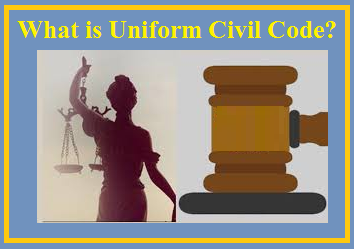Step-by-step guide for achieving uniform civil code in India


India has long aspired for the below items:
The fist and second items are accomplished. In this article we will discuss the steps that should be taken for Achieving Uniform Civil Code (UCC).
What is the problem?
Writing in single sentence, the personal laws for all the religions in India, except Islam has been shaped on modern lines. In nutshell, if say Hindu law code is applied on Christian or Vice-versa, then their lives are not going to change that much. But if a progressive law code is applied on Muslims then the life of Muslims is going to change drastically. How?
(Legally) Indian Muslims are still governed by Shariat. THE MUSLIM PERSONAL LAW (SHARIAT) APPLICATION ACT, 1937 explicitly states that all Indian Muslims will be governed by Shariat in matters of personal law like marriage, inheritance etc.
What are the various sticking points or discriminative practices in Shariat which is preventing the implementation of a UCC? The list is below:
What should the step-by-step guide for achieving UCC?
Supreme Court has a big role to play. How?
After the above is done, Govt should invite members from all religions to discuss the UCC. In the UCC, govt should make an attempt to take the good things and apply it across.
For e.g. to list a few (there may be more):
Govt. should not try to impose one religion’s personal law on other, rather it should to find a common meeting ground by taking good things from all religions and applying them on everyone.
In nutshell if Supreme Court does the following, it will pave way for UCC:
DISCLAIMER: The author is solely responsible for the views expressed in this article. The author carries the responsibility for citing and/or licensing of images utilized within the text.
